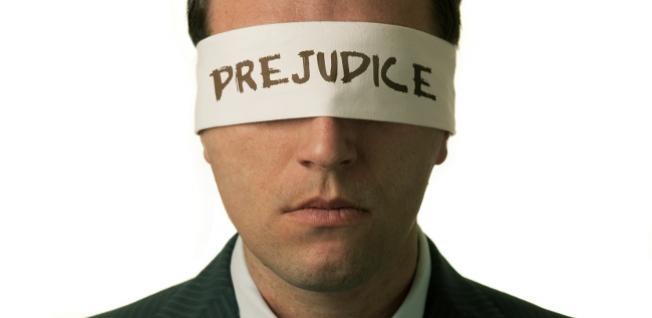Warning: If you want to read the article referred in this piece, please ask me for a copy. I do not want to raise the internet profile of the author by increasing her web traffic. The more hits the article gets, the more popular and in demand the writer will be.
In a March edition of The New Yorker, the “Shouts & Murmurs” section had an article called: “Dog or Jewish Boyfriend? A Quiz,” by Lena Dunham. Let me unpack this sentence. In case you don’t read The New Yorker, it is a weekly magazine with interesting articles about many current issues, with a weekly fiction piece, plus cartoons and poetry. I read it weekly, even though most of the time I read back issues, or skip around a bit. The “Shouts & Murmurs” section is supposed to be funny, a bit of respite from the quite heady subjects with which the magazine usually deals. Lena Dunham is the writer, producer, and star of the HBO series Girls. I have never watched Girls before and now probably never will. All because of the extremely offensive and quite unfunny article she wrote.
The quiz consists of 35 sentences and the reader has to decide if the author is speaking about her dog or her Jewish boyfriend. Right from the title, I started having trouble with the piece. After all, in the past throughout Europe and America there were many establishments that posted warnings at the doors which read “No dogs or Jews allowed.” Unfortunately, to this day, there are still places in Europe that will post that kind of sign. As I read the title of the piece, I cringed. Are we there, again? My discomfort only grew as I read the piece. Part of me wanted to completely shut out the article and not read it, but another part wanted to know where the boundary to this tasteless article was. It felt similar to disasters on the radio or TV where I know I’ll be happier if I turn it off. Yet my fascination with the morbid ends up winning out over my better judgment. In this case, I went through all 35 sentences. I should have stopped at # 9, which reads, “This is because he comes from a culture in which mothers focus every ounce of their attention on their offspring and don’t acknowledge their own need for independence as women. They are sucked dry by their children, who ultimately leave them as soon as they find suitable mates.” There is no doubt to whom the author is referring here. The generalization of Jewish mothers is offensive and in poor taste. She follows it up with even more stereotypes about Jews, such as # 13, “He doesn’t tip,” or # 14, “And he never brings his wallet anywhere.” Really? How many stereotypes can we throw in one page-long article about Jewish men and women without any care or consideration to the fact that our people have been persecuted throughout the ages with this kind of vitriol, and that we were almost annihilated many times because of that kind of image? When the societal image of a group is constantly reinforced, it is very hard to break the chains of prejudice and see every individual for who he or she truly is.
I asked myself if I would be offended had this article omitted the word “Jewish” from its title. And the answer is a resounding “yes.” Maybe this is my own limitation, but since I don’t know her boyfriend I can only read this as a generalization about men. As the mother of a son, I would be very offended that someone was speaking about men in this way. Plus, since words have power, and they shape the way we see the world, I would feel very sad for my child that our society saw men in this light. I also asked myself how I would feel if we substituted the word “Jewish” for “Black,” “Latino,” or any other ethnicity. I would be just as horrified as I was with the prejudice toward Jews. Moreover, I don’t think that both the publication and the author could handle the outcry that would ensue if the word “Black” was substituted for “Jewish.” In the end, it is okay to say things about Jews that would be unthinkable directed toward any other group.
Sadly, the editors of The New Yorker felt the need to publish this article. It is not funny, it is not clever, and betrays, without a doubt, a very prejudiced author. I hope that both the magazine and the author become conscious of their poor judgment, and change their ways in the future. As we navigate our society, let us be aware of just how much prejudice still exists both around us, and in us.


